We provide specialist physiotherapy for children and young people in the community.
On this page
Services we provide
We provide specialist physiotherapy assessments and interventions for children and young people from birth to 18 years, or 19 if in full-time education, with an identified or suspected movement or developmental problem.
We work closely with colleagues within the Integrated Community Paediatric Service (ICPS) such as occupational therapists and speech and language therapists in a variety of settings e.g. home, school, nursery, community clinics and children’s centres. We also work closely with our colleagues in the acute hospital setting, in social care and in education.
Our physiotherapists have specialist knowledge of children’s conditions, growth and physical development. The team also includes physiotherapy technicians and assistants who work under their supervision.
We support children and young people with a range of conditions, including:
- Cerebral palsy
- Muscular dystrophies
- Spina bifida
- Down’s syndrome
- Developmental delay
- Suspected neurological movement disorders
- Premature birth or low birth weight
- Juvenile idiopathic arthritis or cancer care in the community.
These referrals should be directed to the acute children's physiotherapy services at West Suffolk NHS Foundation Trust (WSFT) or East Suffolk and North Essex NHS Foundation Trust (ESNEFT).
Contact the children's physiotherapy team
- Child Health Centre, Bury St Edmunds: 01284 741786
- St Helen's House, Ipswich: 01473 321220
- Email: childrensphysio.icps@wsh.nhs.uk
